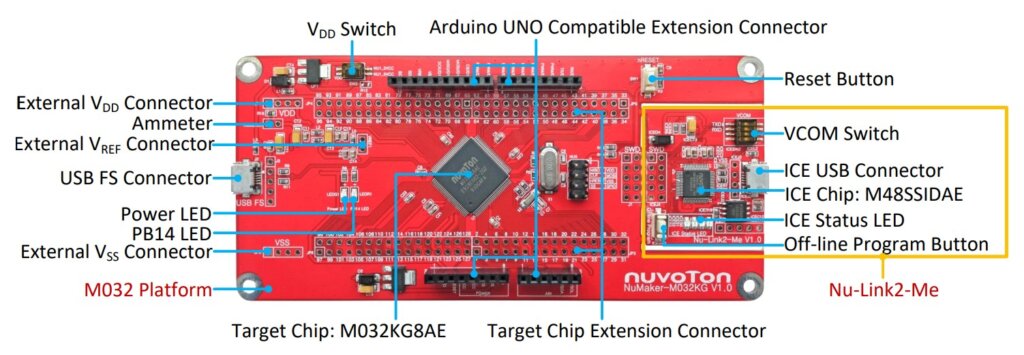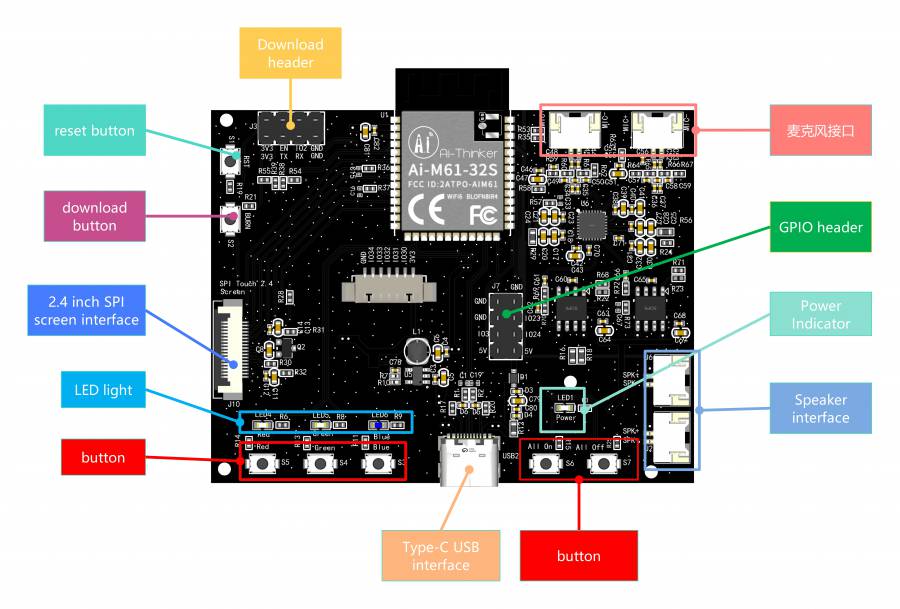Evaluation Board and Development Board are two different types of boards that are widely used in electronic engineering. Both are used to evaluate, prototype and develop components such as micro controllers, FPGAs, sensors and other integrated circuits (ICS), but their purposes of use and scope are different.

Evaluation Board
Purpose: Evaluation Board has been designed to demonstrate and test the basic capabilities of a particular integrated circuit (IC) or micro controller. These boards allow users to assess the component, test its performance and improve its applications.
Features: It usually has a micro-controller or integrated circuit, power supply, basic input/output (I/O) interfaces, memory, and sometimes basic communication interfaces on it. Extra components on the board are usually very limited.
Area of Use: The designers and engineers generally use it to assess whether a component is suitable for a particular project.
Flexibility: The possibility of customization is usually limited. Since the board is intended to exhibit the basic properties of the component, its flexibility is low.

Development Board
Purpose: The Development Board provides a platform for users to develop full-fledged applications. These boards contain a micro-controller, programmable logic circuit (FPGA), memory, I/O interfaces, sensors and other auxiliary components as well as other hardware.
Features: Development Boards usually have more input/output pins, various communication protocols (SPI, I2C, UART, etc.), expansion slots and additional components.
Area of Use: It is used to develop final applications, create prototypes, and develop software. Engineers and developers can create fully functional prototypes of their projects using these boards.
Flexibility: It allows higher customization. Users can often add new components or modify the existing software and hardware based on their needs.

The Differences Between Them:
Scope: While the Evaluation Board focuses on assessing a single integrated circuit, the Development Board allows the development of a complete system or application.
Flexibility: Development Boards usually offer more customization and expansion opportunities.
Target User: The Evaluation Board is more suitable for designers and engineers who want to test a specific component. The Development Board, on the other hand, is intended for engineers and developers who want to develop more comprehensive projects.
Components: Development Boards usually include more hardware components and offer a richer set of functions.



